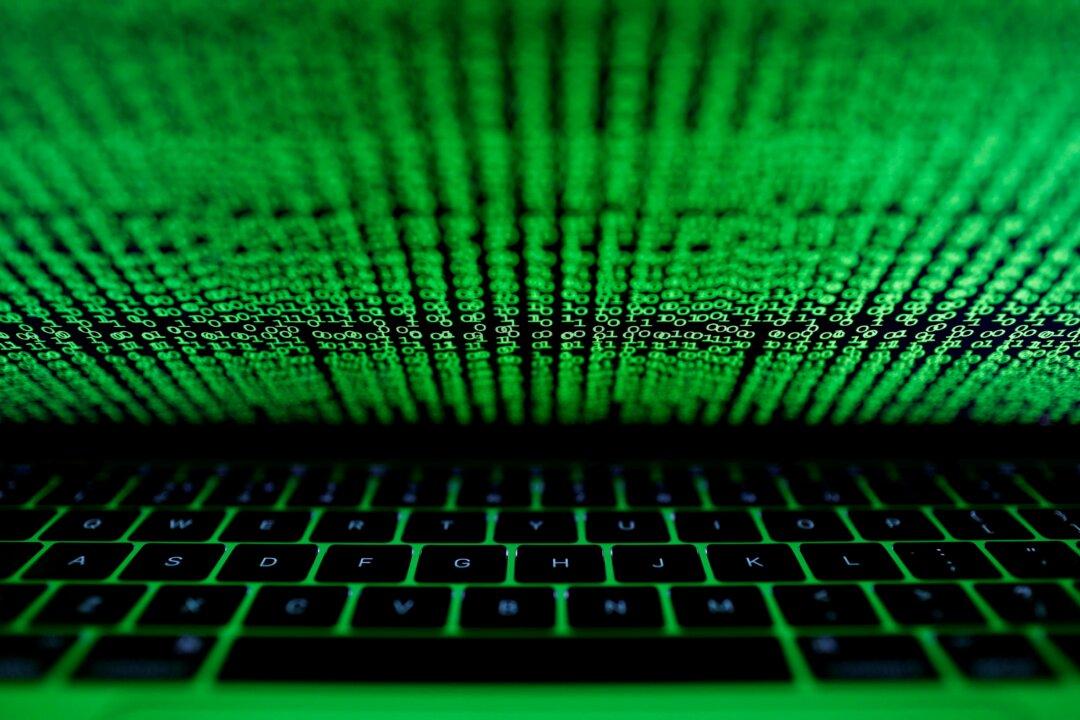Multiple U.S. health care entities report being victimized in recent cyberattacks that may have compromised thousands of customers’ data.
Georgia-based Artivion and Ciox Health and Maryland-based Amergis have reported data breaches since last month. The intrusions involving Ciox and Amergis affected more than 21,000 people. The most recent attack targeted Artivion, a manufacturer and distributor of medical devices.





